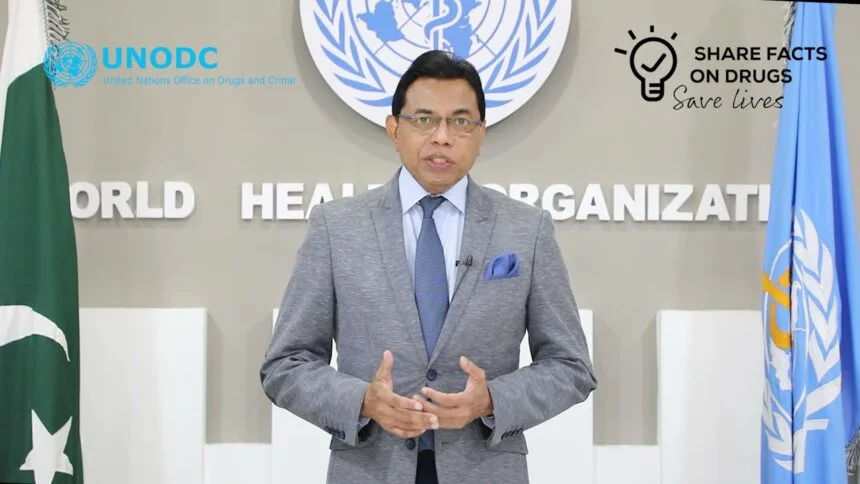Several children in Pakistan are stunted and severely malnourished, while 6-8 per cent of school-aged children under 10 are obese and overweight as a result of bad lifestyles, improper diets, and physical inactivity, according to World Health Organization (WHO) authorities said on Thursday.
“Our lifestyle has changed in recent years, and we are dealing with an increase in Non-communicable Diseases (NCDs). When we look at the nutrition issue in Pakistan, we identify stunting as the most serious problem, with a very high threshold for severe acute malnutrition, but obesity is also on the rise. Approximately 6-8 per cent of children under the age of 10 are obese or overweight,” Dr Palitha Mahipala, WHO’s representative in Pakistan, said at a medical conference.
The three-day ‘3rd International Lifestyle Medical Conference 2022’, hosted by Riphah International University (RIU) in partnership with the Pakistan Association of Lifestyle Medicine, engaged national and international health experts.
According to Dr Palitha Mahipala, citing the WHO’s global status report on physical activity 2022, nearly 500 million people will develop heart disease, obesity, diabetes, or other non-communicable diseases (NCDs) attributable to physical inactivity between 2020 and 2030, costing governments US$ 27 billion annually if governments do not take immediate action to encourage more physical activity among their populations.
“Around the world, 55 million people die each year, with non-communicable diseases, or lifestyle diseases, accounting for 41 million or 70% of all deaths. Only cardiovascular disease was responsible for 17.5 million deaths worldwide. Smoking is the main risk factor for this lifestyle illness, followed by a poor diet and physical inactivity,” said Dr Palitha Mahipala.
He also stated that over 50% of women in Pakistan were either obese or overweight, with the rest suffering from malnutrition, and he called for more investment in lifestyle medicine, health promotion, and disease prevention.
According to Hassan Muhammad Khan, Chancellor of the Riphah International University (RIU) Islamabad, life expectancy in Lahore is 8 years lesser than in Islamabad due to environmental pollution, and he urged the authorities and people to take measures to reduce environmental pollution to live a disease-free life.
“Medical treatment has become expensive for even the world’s most developed economies, and they are increasingly launching lifestyle and preventive medicine initiatives to lower illness load. Non-communicable diseases (NCDs), including cancer, are on the rise, and one of the reasons is increasing pollution in the environment. Environmental pollution has been connected to a shorter life expectancy all around the world, including Pakistan,” according to Hassan Muhammad Khan.












